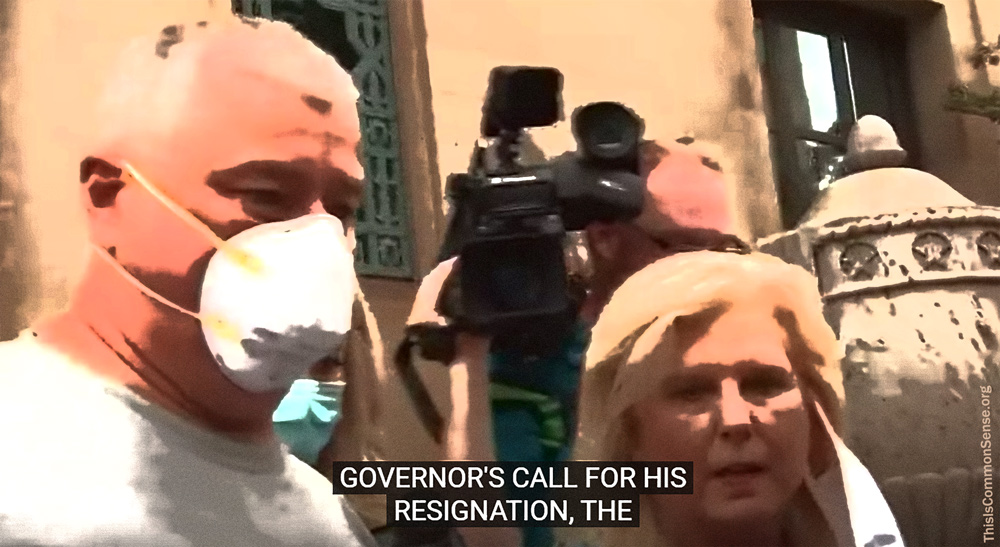Another corrupt, term-limits-hating, careerist politician bites the dust.
“Federal prosecutors say Republican Speaker Larry Householder and four others — including a former state GOP chairman — perpetrated a $60 million federal bribery scheme,” reports the Dayton Daily News, “connected to a taxpayer-funded bailout of Ohio’s two nuclear power plants.”
Last year, a citizen-initiated referendum campaign sought to give voters the final say on the legislature’s $1.5 billion baby. “The relentless machinations of HB 6’s backers,” Cleveland Plain-Dealer columnist Thomas Suddes points out, “kept [that] repeal effort launched against the bill off Ohio’s ballot.”
At a news conference to explain the arrest of Householder and his co-conspirators on racketeering charges, federal prosecutors detailed some of the ways the scheme illegally blocked last year’s referendum effort.
Now, the rush is on to repeal House Bill 6.
Mr. Suddes is correct that “[t]he legislature also won’t be OK till voters amend the Ohio Constitution to make it easier to place issues on the statewide ballot for up-or-down votes.”
But when he goes on to argue that term limits are “part of that problem”?
The only thing Ohio’s term limits need is to make the limits lifetime — forbidding legislators from returning after a timeout. Householder had previously been speaker from 2001 to 2004. “While he officially left office due to term limits,” informs the Plain-Dealer, “he departed Columbus amid an FBI investigation that closed without charges.”
Householder also came to our attention back in March, when he called Ohio’s eight-year limits “pretty oppressive.” Before the pandemic, he was pushing a ballot measure designed to weaken the term limits law and serve until 2036 — foreshadowing what Putin* did later in Russia.
This is Common Sense. I’m Paul Jacob.
* I referred to them as “two pols in a pod,” but now, Householder reminds me more of former Arkansas State Sen. Jon Woods, who after sponsoring a deceptive ballot measure to weaken term limits was convicted on multiple felony charges and is serving his current term in prison.
—
See all recent commentary
(simplified and organized)









